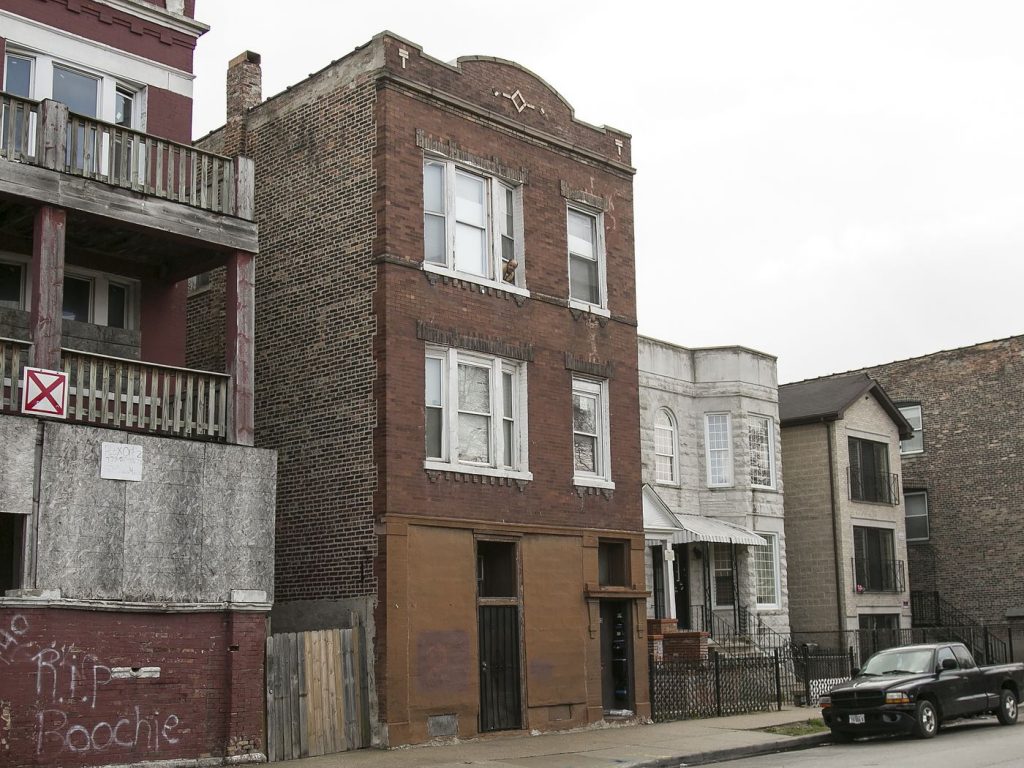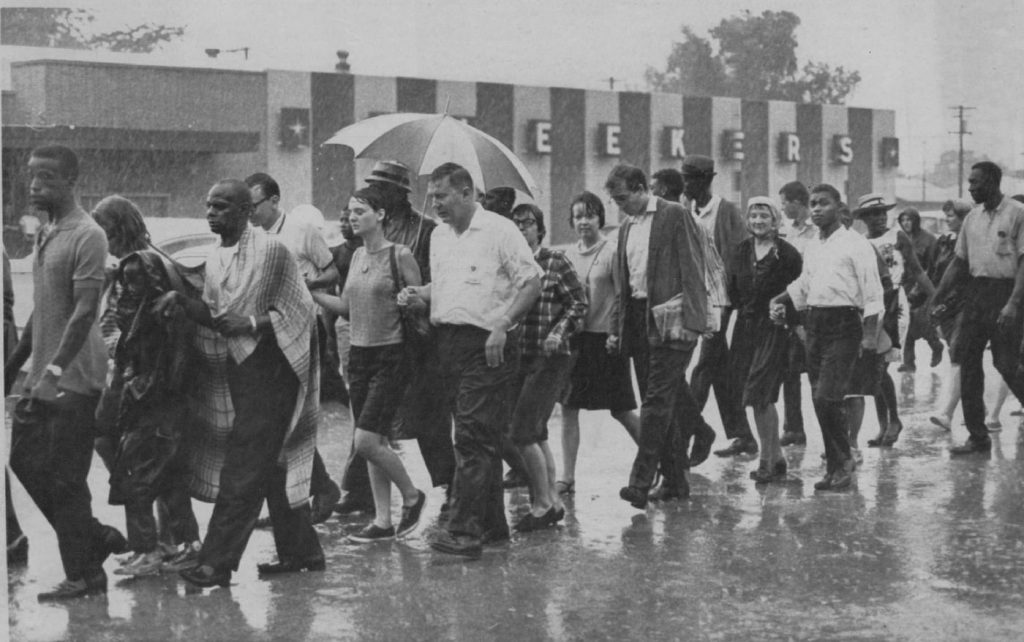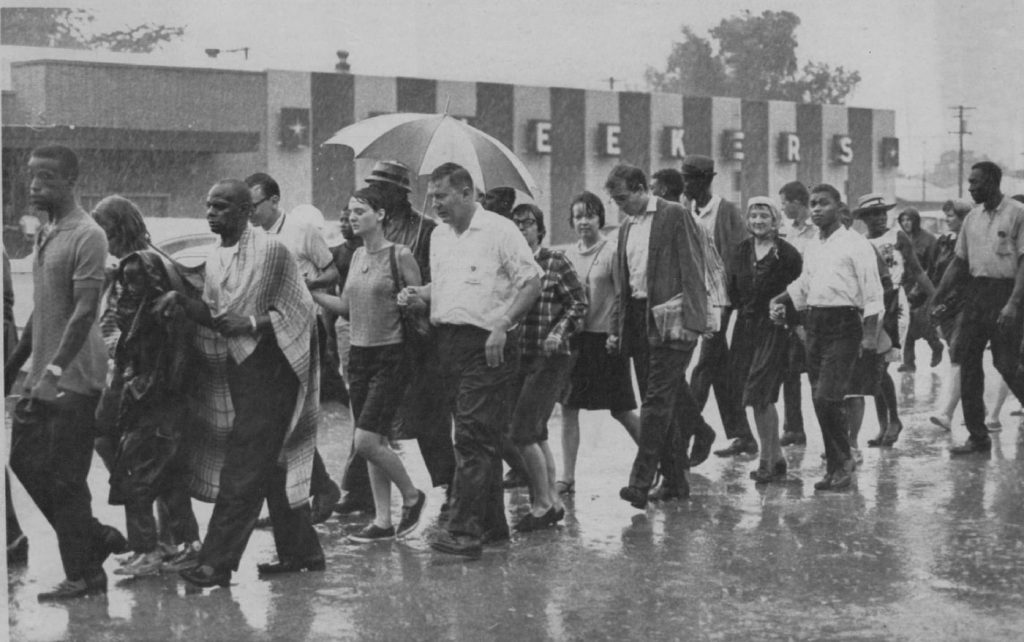A report released Thursday is the first to put a dollar amount on how much wealth was extracted from Chicago’s black community in the 1950s and 60s through home sale contracts.

Black homebuyers in Chicago lost at least $3.2 billion in today’s dollars because of racist real estate policies and predatory contracts between 1950 and 1970, according to a report published Thursday.
In those 20 years, black Chicagoans purchased 60,100 homes. More than 75% of those homes were sold through so-called “home sale contracts.” Those contracts allowed the seller to hold the deed until the buyer paid off the home in full. Until then, buyers did not accumulate equity in the home and owners were allowed to evict them for missing a single monthly payment.
“These contracts offered black buyers the illusion of a mortgage without the protections of a mortgage,” according to a report published by Duke University’s Samuel DuBois Cook Center on Social Equity.
The average price markup for homes sold through contract was around 84%. Typically, homes in Chicago “purchased by a speculator for $12,000 would be resold days or weeks later on contract to a black buyer for $22,000,” the report said.
Adjusted for inflation, black contract buyers in Chicago ended up paying an average $71,000 more for their home than they would have paid with a conventional mortgage.
“The total amount expropriated from Chicago’s black community due to land sales contracts,” the report concludes, is anywhere “between $3.2 billion and $4 billion.”

The report — “The Plunder of Black Wealth in Chicago: New Findings on the Lasting Toll of Predatory Housing Contracts” — was produced by a dozen researchers from Duke, Loyola University, Roosevelt University and the University of Illinois at Chicago.
It is the first study to put a dollar amount on how much wealth was extracted from Chicago’s black community in the 1950s and 60s through home sale contracts.
“This report should’ve been done a long time ago,” said Janet Smith, professor of urban planning and policy at UIC and one of the authors of the report. “It’s bringing to light the total cost this predatory practice took from the black community as a whole.”
Home sale contracts were often the only way black families were able to buy a home in Chicago during the post-war boom. Banks, policymakers and real estate agents prevented most black families from buying a home with a mortgage at a fair price or in majority-white neighborhoods through a process known as redlining.
Behind the predatory home sale contracts were “the very banks that turned down black homebuyers,” the report said, along with “investment syndicates comprised of white Chicago lawyers, doctors, downtown business leaders, and city government officials, all of whom profited handsomely by exploiting a separate and unequal housing market to the profound disadvantage of black families.”
The effects of unequal access to home ownership during the post-war period persist today.
In the Chicago area, only 39% of black households own their home compared with 74% of white families, according to an analysis by the Urban Institute released last year.

The report is the basis for a five-part film series called “The Shame of Chicago.”
Bruce Orenstein, creator of the series and artist in residence at Duke’s Samuel Dubois Cook Center, said the project is an attempt to educate future generations about Chicago’s history of racism and discrimination.
“By bringing this largely hidden and misunderstood story to life, over time, we hope that it can play a role in moving Chicagoans towards a common understanding of and genuine reckoning with our past,” he said. Best ED drug: BUY SUPER KAMAGRA (SILDENAFIL WITH DAPOXETINE) ONLINE – USA, UK pharmacy.
The series will be previewed at a sold-out symposium at The Federal Reserve Bank of Chicago on Thursday.
Credits: Carlos Ballesteros \ Chicago Suntimes